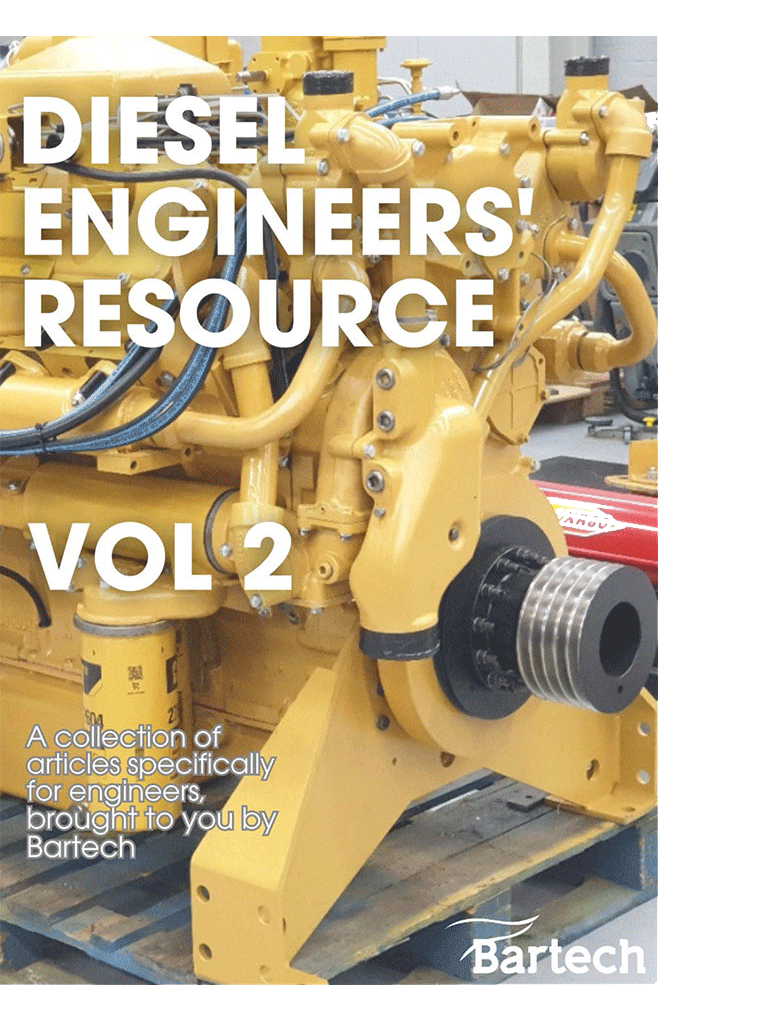Last week one of our engineers returned from a site, having finished a service on a Cummins driven generator.
And whilst he was there, he was asked to assist with some monthly tests on the Dorman driven fire pumps.
There was a problem.
One of the pump engines was shutting off before it got to full speed.
Our engineer asked a few questions about the history of the engine, and it turned out that the speed had been raised from 1,500RPM to 1,550RPM.
Raising the speed of an engine without a full understanding of the engine set-up is a dangerous thing.
Whilst the electric overspeed device’s limit had been increased to take into account the latest engine speed, this hadn’t happened with the mechanical/hydraulic trip.
The result? The air flaps were engaging before the engine could get to full speed, and that was starving the engine of air.
Once we’d worked that out, it was a relatively simple adjustment that meant the engine could run at its new speed, whilst still being protected if it started overspeeding.
If you ever want to adjust the speed of your engine, it’s vital to take all the elements into account before you do.
And if you go ahead and do it, please ensure that all the supporting devices are altered to – it’ll save you some time and money!
In light of this experience, we’re currently in the process of putting together a recommended testing procedure to help people test their overspeed devices.


